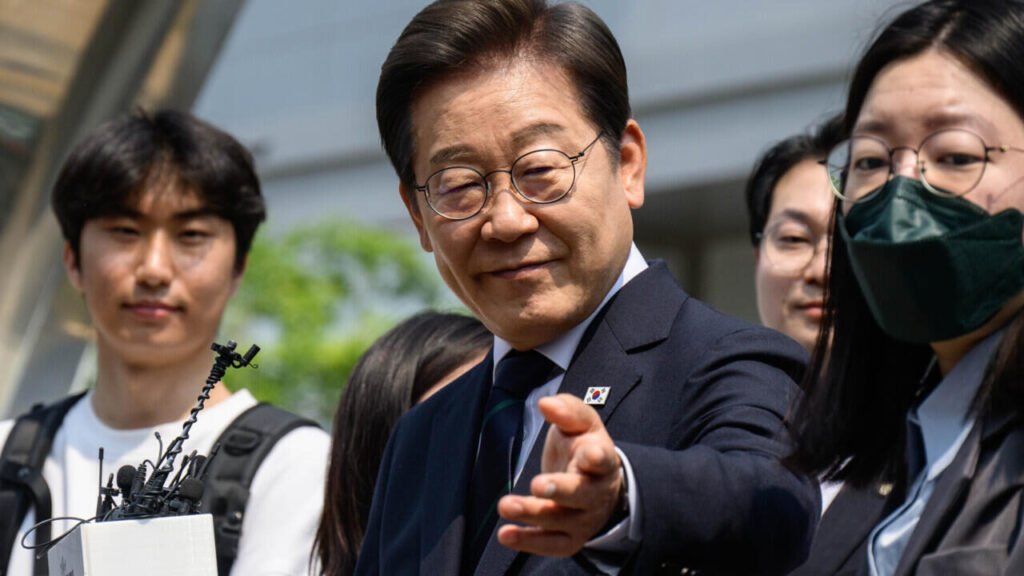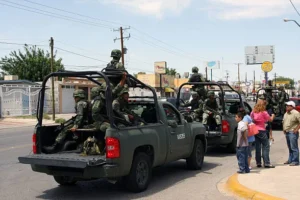Lee Jae-myung won the South Korean presidency following a snap election triggered by former President Yoon Suk Yeol’s brief martial law order. Lee, representing the liberal Democratic Party, led comfortably with 48.523% of the vote counted when 70% of ballots had been tallied.
His primary opponent, conservative Kim Moon-soo, conceded after failing to attract swing voters amidst party infighting over Yoon’s legacy. Speaking to reporters, Lee thanked citizens and promised to meet their expectations with integrity and dedication as South Korea’s leader.
The election came after South Korea’s Constitutional Court upheld Yoon’s impeachment for declaring martial law during protests in December. Yoon’s decision created South Korea’s worst political crisis in decades, plunging the nation into chaos and triggering his downfall.
Lee’s win reflects widespread dissatisfaction with the turmoil and economic decline that followed Yoon’s dramatic and short-lived power grab. Turnout reached 77.8% just before polls closed, showing high public interest in restoring leadership and political direction.
According to the National Election Commission’s data released Tuesday afternoon, more than one-third of voters participated early. Lee, a former human rights lawyer, had twice failed to win the presidency but surged this time amid public frustration.
During Monday’s final rally, Lee warned voters that Kim’s victory would revive authoritarianism and dismantle hard-won democratic progress. Kim criticized Lee’s pending trials and accused him of seeking total control through the Democratic Party’s legislative dominance.
Lee denies all charges, calling them politically motivated attacks, and courts postponed his hearings until after the election. He pledged to address income inequality, economic stagnation, and polarization while committing to strategic ties with the US and Japan.
However, he plans to move away from Yoon’s hardline stance on North Korea and reopen dialogue with Kim Jong-un. With no transition period, Lee begins his single five-year term on Wednesday, facing urgent economic and diplomatic challenges immediately.










